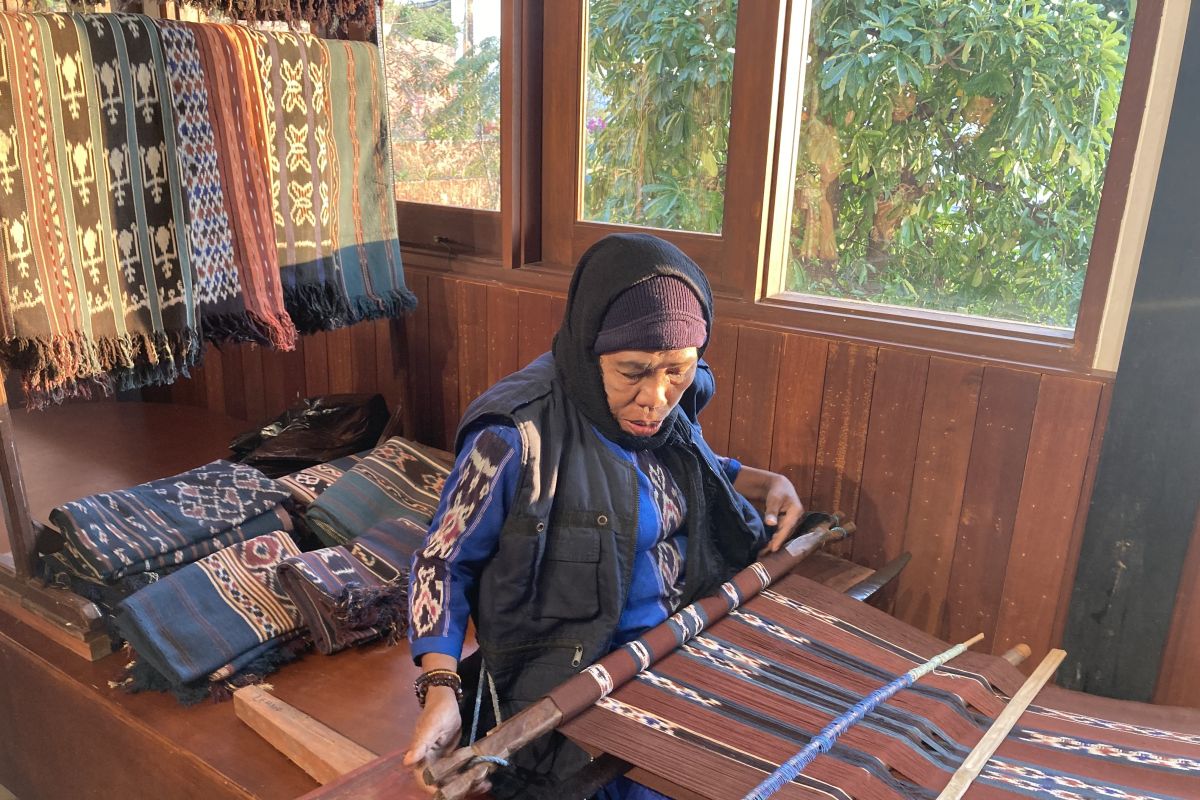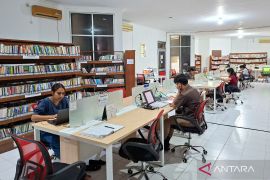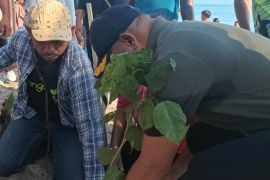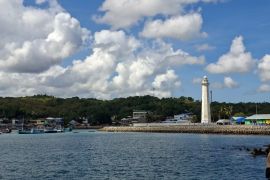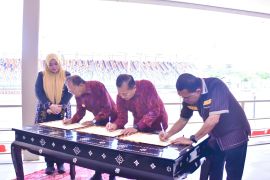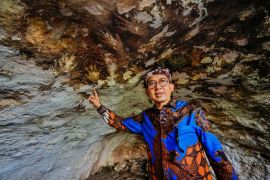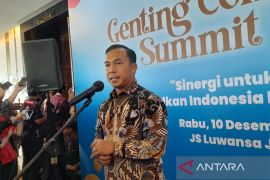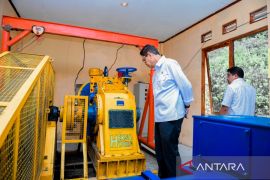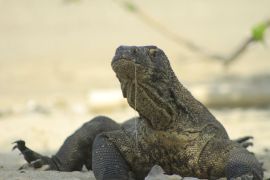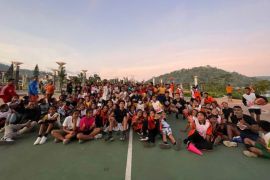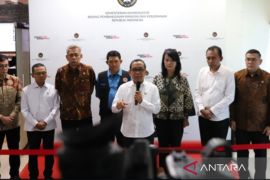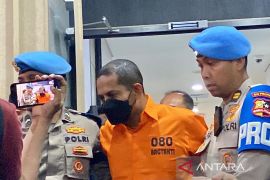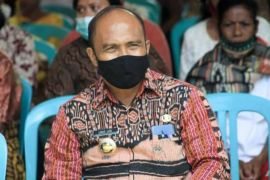“This program has driven an average increase of 30 percent per weaver, from Rp750 thousand to Rp1 million per month to Rp975 thousand to Rp1.3 million per month,” Tenunin chief executive officer Hayatul Fikri Aziz, one of the program’s facilitators, said during a media briefing in Labuan Bajo, East Nusa Tenggara, on Thursday.
The East Nusa Tenggara Weaving Foreign Exchange Village Program covers 31 villages spread across the districts of Alor, Belu, Sikka, Ende, and East Sumba.
According to Aziz, the program has evolved from five groups with 120 members to 522 weavers in East Nusa Tenggara.
One of the weavers from Hula village on Alor Island, Mama Sariat Tole, has been practicing weaving since she was five years old. She uses home-grown cotton yarn and natural dyes made from local ingredients such as squid ink, moringa leaves, turmeric, and noni roots.
Her works have been exhibited in 13 countries, and she is recognized by the Indonesian Museum of Records (MURI) as the creator of the largest number of natural dyes for woven fabrics.
LPEI has also appointed Mama Sariat as a mentor for the East Nusa Tenggara Weaving Cluster Foreign Exchange Village program, specifically to assist weavers in the use of organic dyes and natural yarn.
This effort is expected to improve the quality of woven fabrics so they can meet global export standards, particularly for markets like Japan, which prioritize natural colors and high durability.
“In addition to increasing income, this program also strengthens production capacity and expands market reach, making East Nusa Tenggara woven fabrics an export product that not only has high cultural value but is also globally competitive,” Aziz added.
Indonesia Eximbank recorded 1,909 Foreign Exchange Villages across 18 provinces, with their exports reaching Rp123.9 billion as of March 2025. The program covers more than 180 thousand beneficiaries.
Its leading commodities include coffee, cocoa, woven fabrics, batik, spices, seafood, and coconut derivatives.
Tenunin is a social enterprise that empowers weaver mothers in East Nusa Tenggara. It supports weavers by establishing empowerment groups and providing guidance on product quality, derivative product development, entrepreneurship, and marketing.
Related news: NTT, Timor-Leste plan team to intensify economic ties
Related news: Indonesia's NTT to launch "Tour de EnTeTe" cycling event in September
Translator: Imamatul Silfia, Martha Herlinawati Simanjuntak
Editor: Azis Kurmala
Copyright © ANTARA 2025
